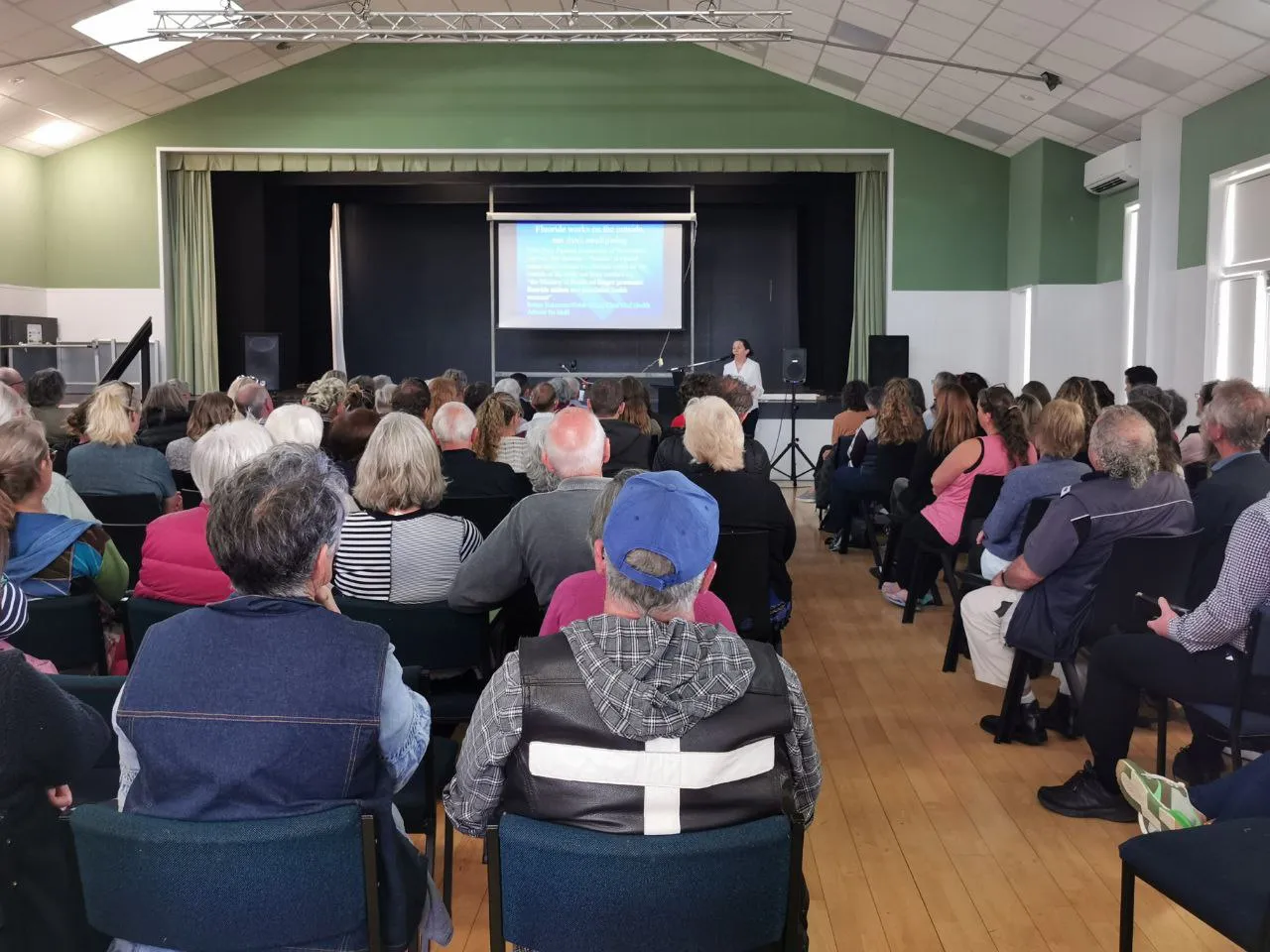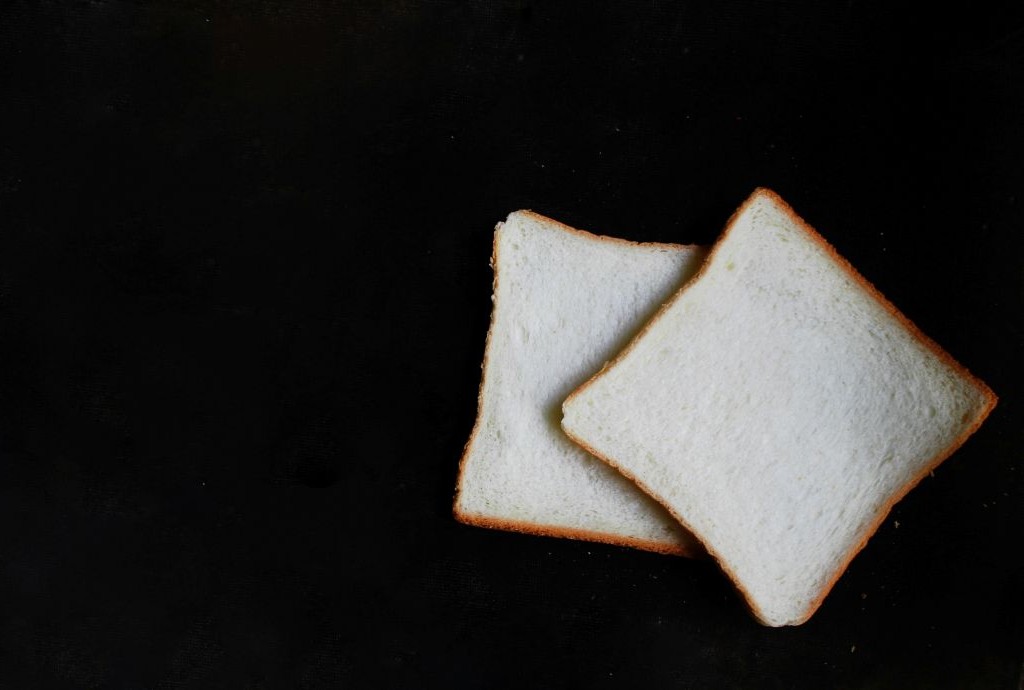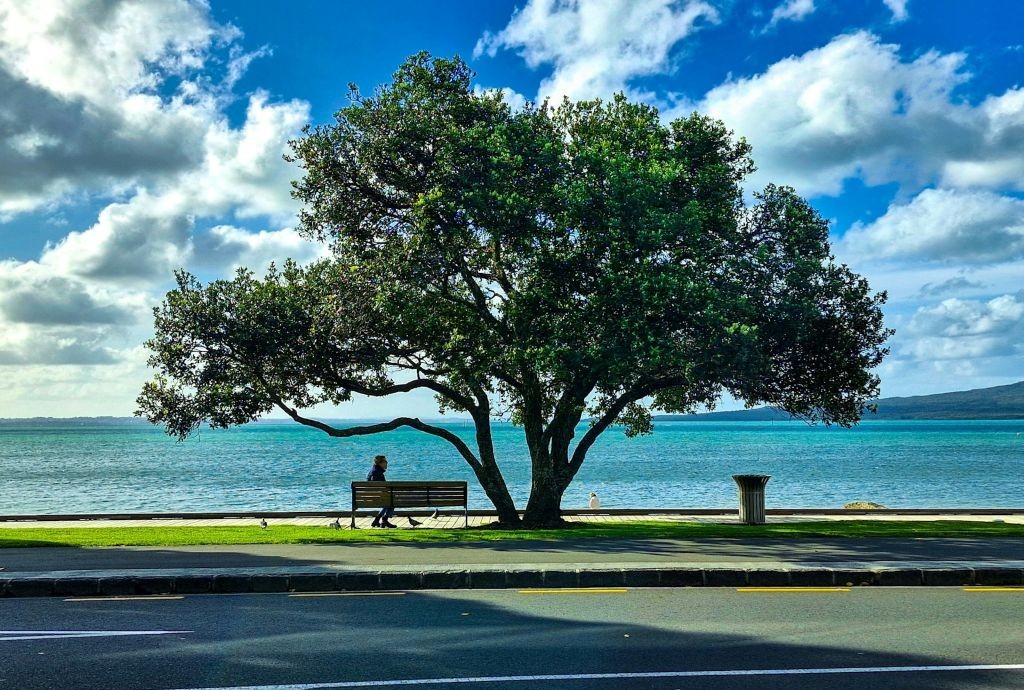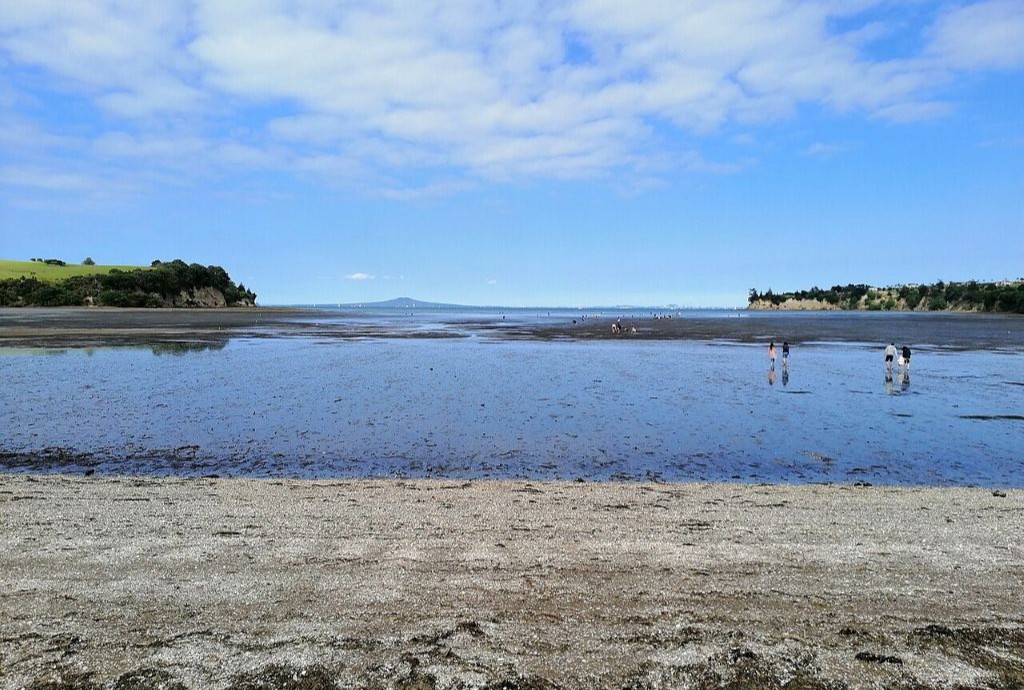Table of Contents
Mark Freeman
Recently passed legislation allowing the government to mandate fluoridation of local water supplies in New Zealand is total government overreach, says a group opposing fluoridation.
Fluoride Free New Zealand has been holding public meetings and talking to councils and community boards around the country to raise awareness about the dangers of fluoride and about the law overriding councils’ right to decide on fluoridation.
Councils used to have the power to decide whether to fluoridate their water supplies, but that power was transferred to the Director-General of Health in December 2021 under the Health (Fluoridation of Drinking Water) Amendment Act 2021. Councils are now being directed to fluoridate their water supplies.
Fluoride Free spokesperson Mary Byrne says the law is “…total government overreach…That’s dictatorial and totalitarian to have poison—or anything—put in your drinking water against your will.”
John Key’s National Government introduced the fluoridation bill in 2016 to shift the decision-making on fluoridation to the District Health Boards (DHBs) after Fluoride Free was successfully pressuring councils to stop fluoridating, says Ms Byrne.
“The reason [the bill] came in was because we got [fluoridation] stopped in a number of places like New Plymouth and were putting pressure on Wellington, Kapiti Coast and Auckland. And so the councillors were starting to feel like the meat in the sandwich. We were coming with evidence, and once you look at the evidence, it’s pretty obvious you should not do fluoridation. But they had the Ministry of Health telling them to do it.”
Labour abolished the DHBs in 2021, and, when the bill became law, the decision-making on fluoridation passed to the Director-General of Health.
Under the act, 14 local authorities have been directed to fluoridate their water supplies. The Director-General is considering whether to issue directives to a further 27 councils.
A council directed to fluoridate is not required to consult its community. If it disregards the Director-General’s directive, it can be fined up to $200,000 and $10,000 per day for every day that it disregards the directive.
Currently, 51% of the New Zealand population live in areas with fluoridated water.
So far this year, Fluoride Free has held public meetings in more than 15 towns and cities. Turnout to the meetings has averaged 50-60 people, although 170 attended a meeting in Te Puna in Western Bay of Plenty and 150 attended a fluoride debate in Timaru.
The audiences, Ms Byrne says, generally comprise “either people who are opposed to fluoridation but mostly do not know all the details, or people who have heard something is wrong but don’t know much about it at all and have come to find out if it’s wrong or not.”
“I think most people go away wondering why on earth we have fluoridation and how has the government been able to get away with it. They feel that the mandatory fluoridation law is draconian and totally unjust.”
Fluoride Free would like to make fluoridation a national talking point since many people don’t understand its dangers, she says.
Fluoride exposure reduces children’s IQs because it’s neurotoxic, she says. “Everybody agrees it’s neurotoxic. Even the pro-fluoride people agree it’s neurotoxic. They just argue that the dose that we’re getting is not neurotoxic. They don’t even know the dose we’re getting.”
Fluoride is also implicated in the development of skeletal fluorosis—a type of arthritis—and cancer.
In contrast to official claims that fluoridation reduces tooth decay, Fluoride Free says the scientific evidence shows that fluoridation doesn’t work: tooth decay rates in New Zealand have dropped similarly in both fluoridated and unfluoridated areas.
The group next plans to encourage councils given fluoridation directives to seek interim injunctions against the directives.









